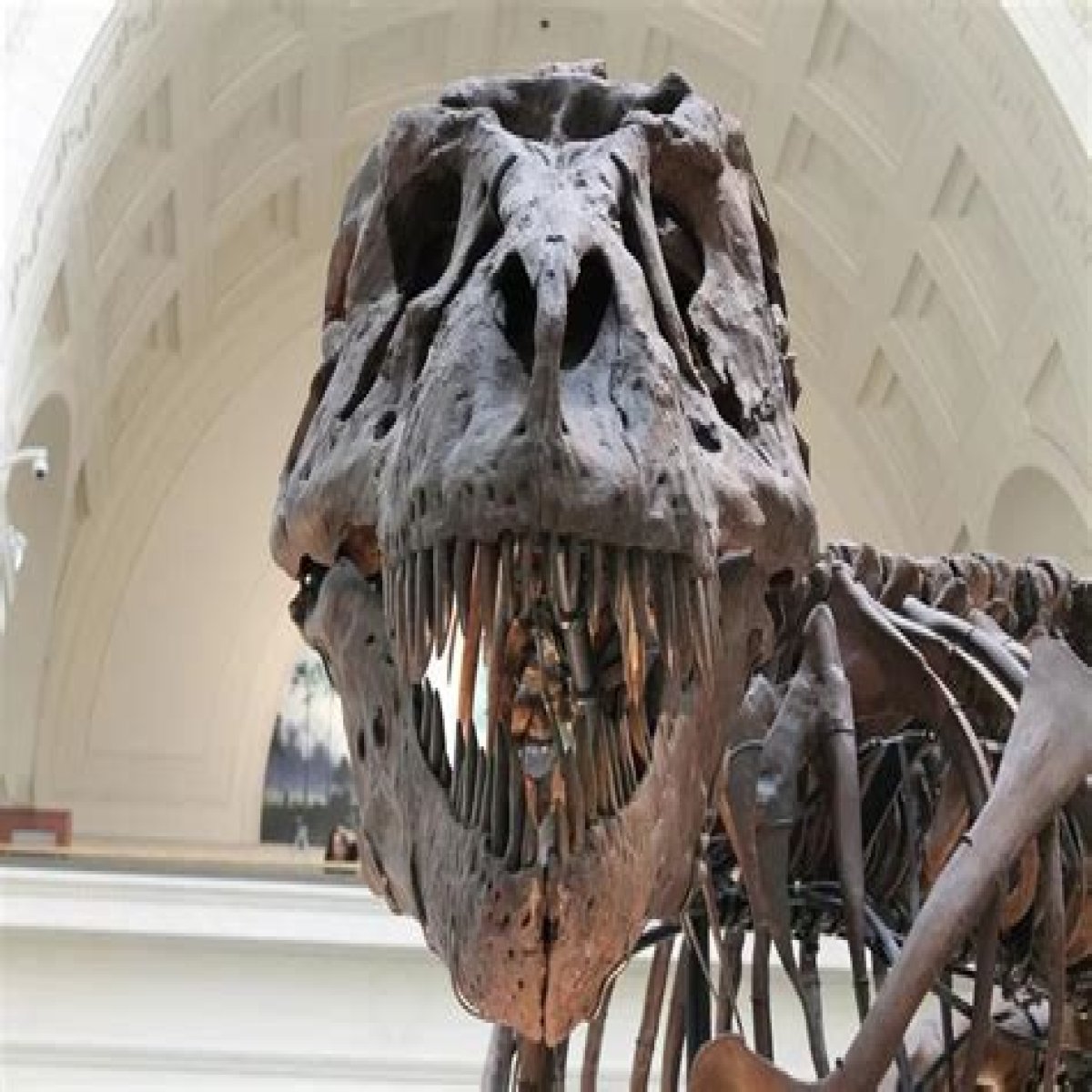What do you call a person who studies dinosaurs?
paleontologist A scientist who specializes in studying fossils, the remains of ancient organisms. paleontology The branch of science concerned with ancient, fossilized animals and plants. The scientists who study them are known as paleontologists.
Who explored dinosaurs?
Megalosaurus is believed to be the first dinosaur ever described scientifically. British fossil hunter William Buckland found some fossils in 1819, and he eventually described them and named them in 1824.
How many years do you have to go to school to be a paleontologist?
Since most job positions in this field require professionals to have a master’s degree or a doctoral degree, it will take you from 6 to 8 years to become a paleontologist.
What grades do you need to be a paleontologist?
You’ll usually need:
- 5 GCSEs at grades 9 to 4 (A* to C), or equivalent, including English, maths and science.
- 2 or 3 A levels, or equivalent, including a science, for a degree.
- a degree in a relevant subject for postgraduate study.
What do you call a person who looks for dinosaur bones?
Paleontologists, who specialize in the field of geology, are the scientists that dig up dinosaur bones. Archaeologists study ancient people.
What is a paleontologist do?
Paleontologists study the record of life on Earth left as fossils. Paleontological research includes working out the relationships between extinct animals and plants and their living relatives.
Do paleontologists only study dinosaurs?
Paleontology requires a combination of earth science and biological science, and it encompasses all forms of ancient life, including not only dinosaurs but also microorganisms, according to paleontologists.
Do Paleontologists still exist?
Yet systematic paleontology is no longer practiced as extensively as it once was, in spite of efforts to encourage it. While other topics in paleontology may be more generally important, systematics remains the foundation of all we do.
Is it illegal to have dinosaur bones?
The fossils are held in trust on behalf of the American people by the federal government. Consequently, fossil hunters in Mongolia must not sell such fossils later on, and personal ownership of such fossils is illegal. In America, however, remains excavated from private land legally belong to the landowner.
What are the odds of finding a dinosaur bone?
one in a million
